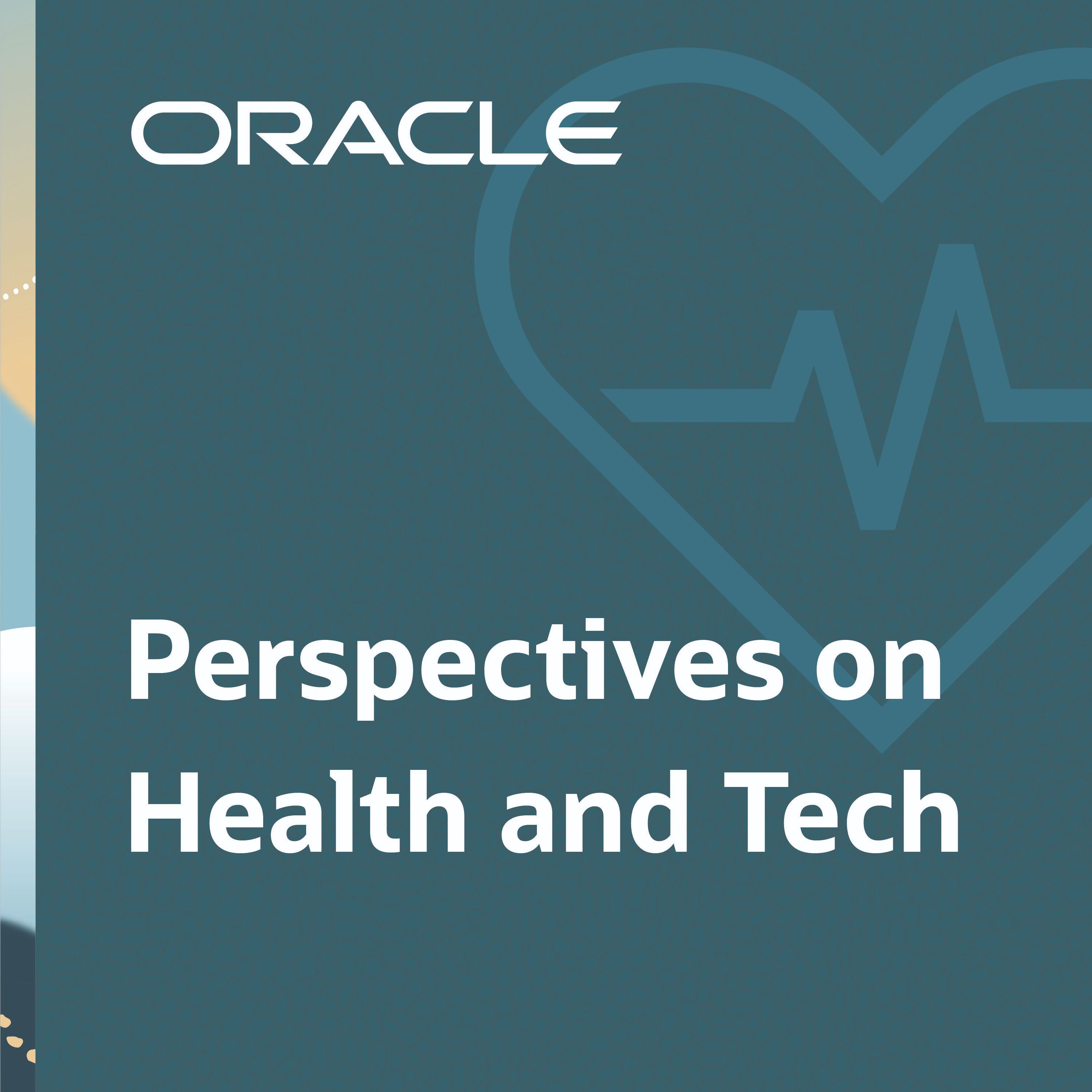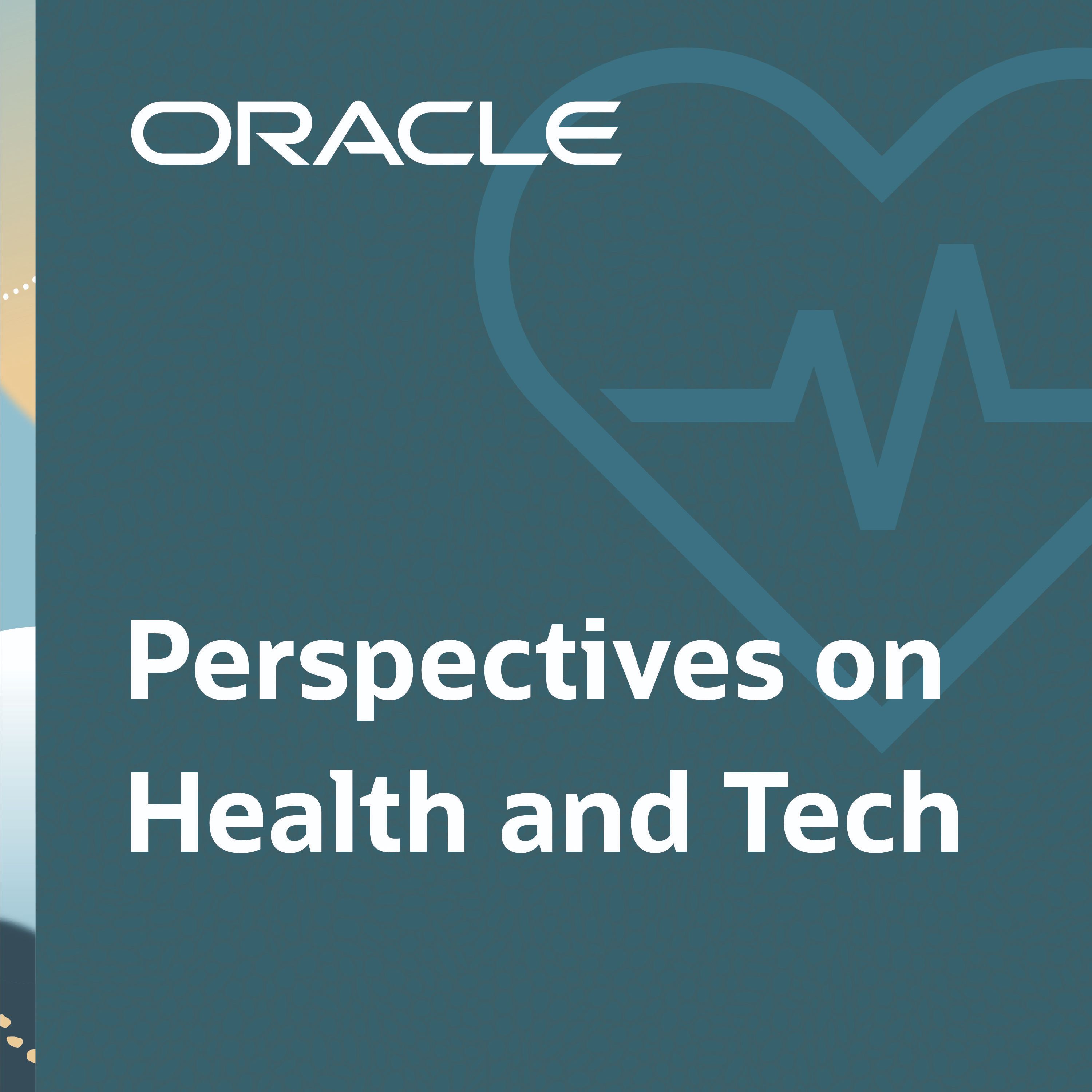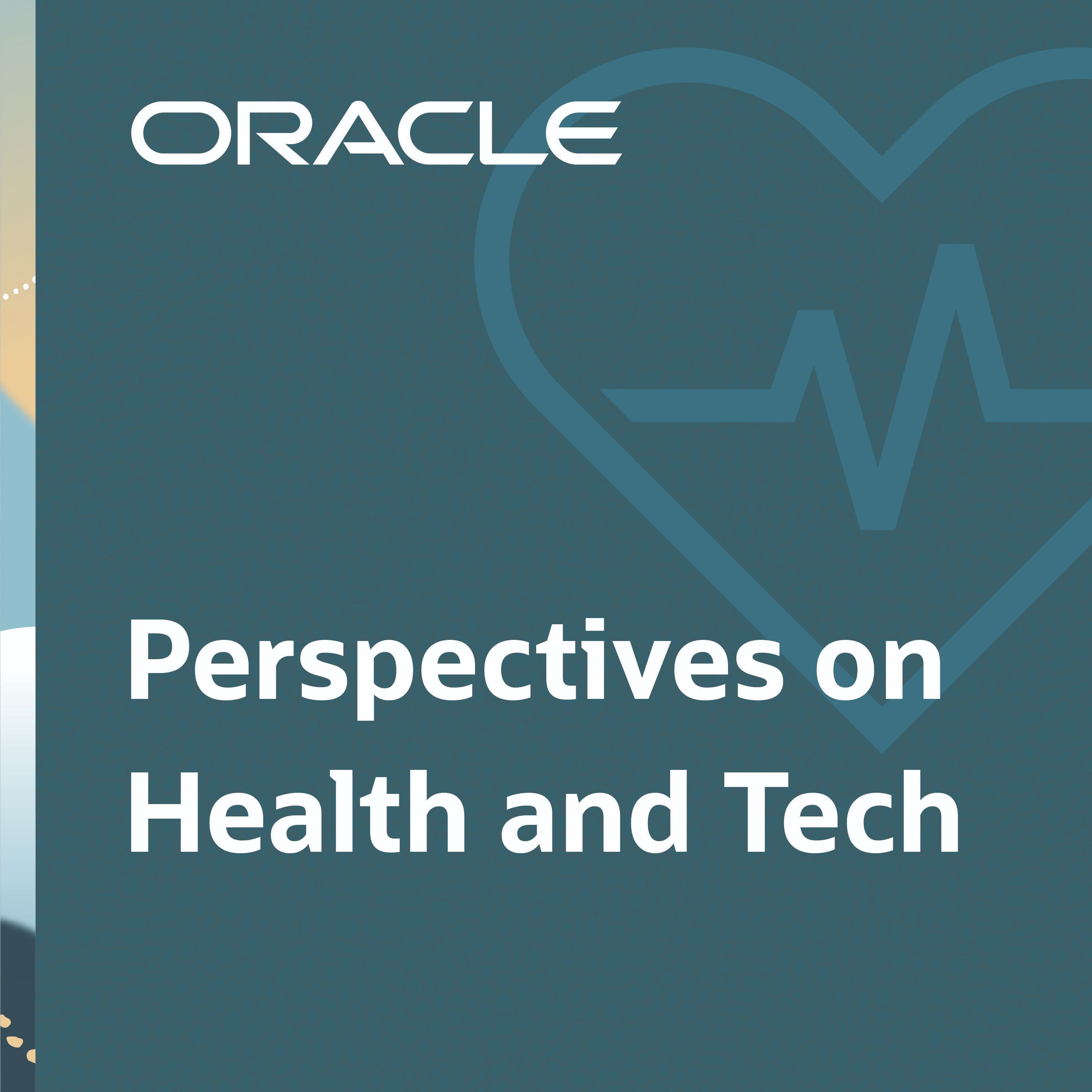From Bench to Bedside: Bringing Therapeutic Innovation Closer to Patients
Description
While science and technology have driven remarkable breakthroughs, they've also created unintended barriers between clinical research and care. The complexity and cost of research limit trials to only the most well-resourced hospitals. As a result, just 3% of patients and providers participate, and doctors often lack access to or the ability to act on life-changing therapies at the point of care. Oracle is closing this gap—embedding clinical trials, evidence-based insights, and innovative therapies directly into electronic health records. The vision: every hospital research-ready, every patient encounter fueling discovery, and therapeutic innovation reaching patients where and when it matters most.
Featuring:
· Moderator: Raj Modi, Senior Director, Global Customer Centre of Excellence, Life Sciences, Oracle
· Panelist: Maria Clark, Market Development Associate Greenphire-Suvoda, Patient Advocate for Cystic Fibrosis Foundation
· Panelist: Christopher P. Boone, Ph. D., Group Vice President, Research Services, Health & Life Sciences, Oracle
Listen as they discuss:
o Why therapeutic innovation often stops short of the point of care—and what it takes to close that gap
o How aggregating genomic, clinical, and real-world data at scale — safely and securely — is key to unlocking this future and driving personalized medicine
o How embedding trials, insights, and therapies into the EHR will reshape access to cutting-edge treatments, lowering cost, and improving outcomes
o How the industry is approaching this shift—and what progress is already underway
Notable quotes:
"Because of these CFTR modulators, patients like myself are living longer than ever before. I am only 23 years old and when I was born my life expectancy was early 20's." – Maria Clark
"We have to reimagine our own business processes and really put the needs and preferences of the patients at the center of everything we do." – Christopher P. Boone, Ph. D.
CTA:
Harness real-world evidence and data-driven insights to inform critical decisions. Our expertise spans commercialization, market access, regulatory and safety protocols, oncology, and rare diseases. Bolster your strategies with data-driven solutions tailored to the life sciences and healthcare industries: Learn More
-----------------------------------------------------------------
Episode Transcript:
Raj Modi:
Hello and welcome to from bench to bedside bringing therapeutic innovation closer to patients. I'm Raj Modi and I'll be your host today. This conversation speaks directly to Oracle's vision for health and life sciences. Despite all the advances we've seen in medical research over the last few decades, there's still a significant gap between scientific discovery and care delivery. And today we're going to explore how we close that gap by embedding research directly into care utilizing unified data. Connected systems and AI. I'm joined today by two fantastic guests who bring both deep expertise and lived experience. First, we have Dr. Chris Boone, who's the group vice president for Oracle Research Services. Chris is a recognized leader in real world evidence and health data innovation. And also joining me is Maria Clarke:, who is a passionate patient advocate who lives with cystic fibrosis and also works tirelessly in our industry helping organizations better understand and support research participants. Chris and Maria, welcome. Thank you both for being here.
Chris Boone:
Thank you, Raj. It's great to be here.
Maria Clarke:
Thank you. So happy to be here.
Raj Modi:
Let's dive into the discussion. Maria, let me start with you. You've written very powerfully about your experience living with cystic fibrosis. When people talk about patient centered research, what does that really mean to you, and how far off are we as an industry from making that real?
Maria Clarke:
Well, I believe this collaborative model, you know, ensures that studies are designed, conducted and interpreted with direct input from patients reflecting on their real-world experiences, their needs and priorities. This ensures you know, patients are full collaborators, not just subject ID numbers you know, in a database. Real humans with real stories and you know, research that better reflects real needs, helps promote trust, and leads to more effective personalized care.
Raj Modi:
That's really powerful, Maria. Thank you for sharing. You've read some raised some really pertinent points here. As a follow up to you, when it comes to access, whether that's clinical trials or the latest treatments, what barriers have you personally faced in your journey and what needs to change?
Maria Clarke:
So accessing care even you know when I'm fortunate enough to have, you know, insurance and advanced medications, it still comes with its own set of hurdles. For instance, you know ordering medications can be complicated, and you know, once appointments are coordinated, the burden of traveling to the clinic and missing work or school for you know, 5 plus hours can be extremely overwhelming. I mean, for instance, yesterday I was at the clinic for five plus hours participating in a research study. It's a long term study. It's like a five year study. I've been involved in with the Children's Hospital of Philadelphia and I was working remotely the whole day while getting tests done and blood drawn. And after all that, you know, had to drive home very weak, especially on the school for those who are from the Philadelphia area. It's pretty brutal after a long day in the clinic so.
Raj Modi:
Maria, that's a, that's a, that's a significant burden on, you know, on your participation into research. Chris, let me bring you in here. You've spent your career at the intersection of policy evidence and strategy from the industry side - how should we be thinking about patient centered research? How do we move from theory to something that actually involves patients in the study design, in access decisions, and in outcomes.
Chris Boone:
That's a phenomenal question and I will say this, Maria, I was in Philadelphia last week and got to experience the traffic that you guys have there first hand. So I, I empathize, in fact, you were driving home after such a pretty intense treatment and and all of that. So it's tough, but I think it's a it's a perfect example that I think embodies all the things that we need to consider as industry as we're becoming you know as as we take it to your point Raj from theory to actual practice, we've been talking about this whole notion of patient centered approaches for a very long time. But I think in my in my mind what it means is that we align the business strategies and the entire, sort of drug development process around the needs and the preferences and outcomes of of patients that are most afflicted with these particular. You know we've we've we've talked that nauseam about, you know, you'll hear a lot about patient driven or patient centric R&D or clinical trials and all these things. But you know just hearing stories like Maria is very Maria is is very powerful because it reminds us that there are real people on the other side of that who have priorities who are, who are prioritizing, you know, sort of the the side effects of these therapies or the inability to drive home after a 5 hour procedure and and just improving the overall quality of life. So I think that we have to start really pivoting our thinking to - how do we design trials in light of all the the advancements we've made in, in digital technologies to the advancements we made even in in sort of scientific outcomes research? You know, I think about, you know there was a big wave of of interest over the last several years of this idea of decentralized trials was sort of was born, out of the was born out of the pandemic and and you know the idea of doing these things virtually was it was definitely embraced, I think about









